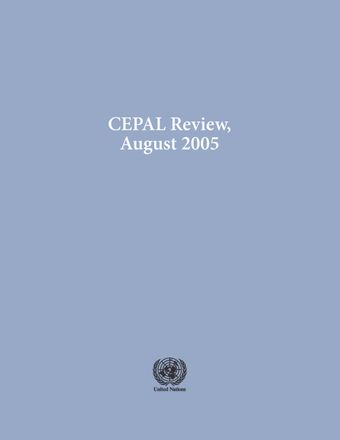-
Conditional cash transfer programmes: Experiences from Latin America
- Source: CEPAL Review, Volume 2005, Issue 86, Sep 2005, p. 83 - 96
- Spanish
-
- 22 Sep 2005
Abstract
This article analyses the experience of five conditional cash transfer programmes established in Latin America to reduce poverty and increase human capital in the form of education, health and nutrition. These innovative programmes should help towards the Millennium Development Goals, and some have become pillars of their countries’ anti-poverty efforts. The article begins by presenting some of the concepts that underlie conditional transfer programmes. It then goes on to examine the following experiences: the Bolsa Escola programme and the Programme for the Eradication of Child Labour (Brazil), Families in Action (Colombia), the Social Protection Network (Nicaragua) and the Oportunidades programme (Mexico), analysing their goals, components, targeting mechanisms, impact and efficiency. The article concludes by offering some policy recommendations and identifying design components that might serve as good practice when programmes of this kind are implemented.





